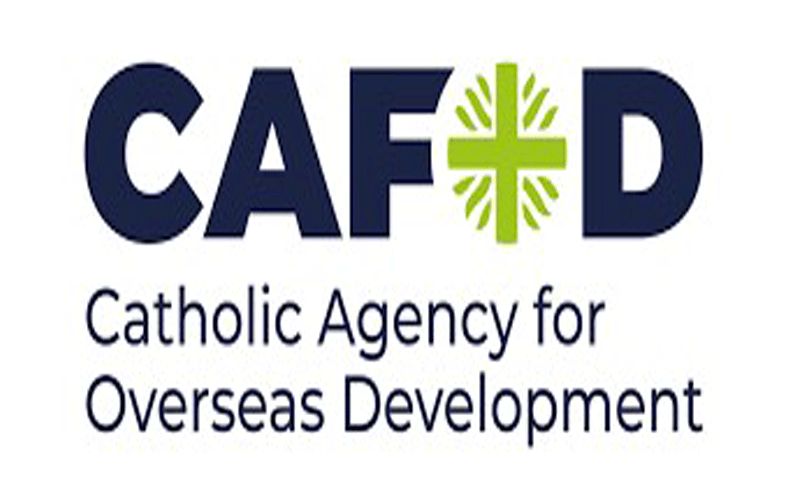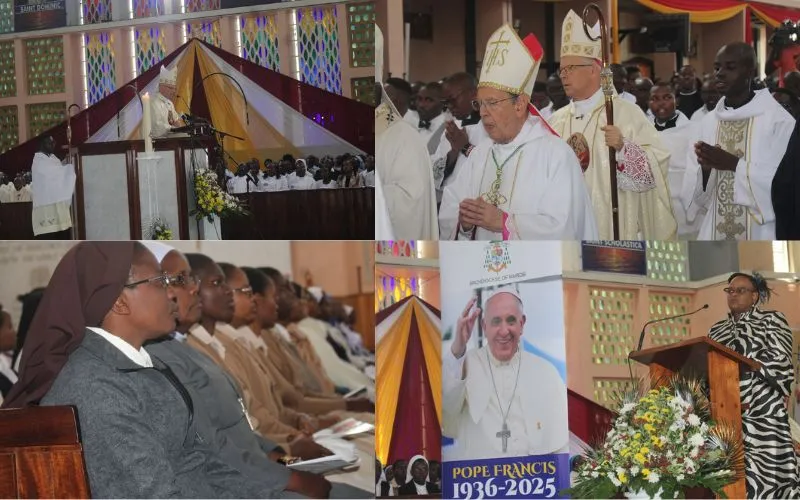The World Food Programme (WFP) predicted that by March 2020, the number of people facing hunger in the country will have risen to 2.3 million.
“People have run out of ways to cope, and are forced to survive on wild fruits and leaves. In some cases this causes diarrhea for vulnerable under-fives and the elderly,” CAFOD’s Country Representative in Zambia, Mwila Mulumbi has been quoted as saying.
"Low water levels in major rivers, and increased extraction of groundwater, mean that people will not only have less clean water to drink, but face losing their livestock, a situation compounded by an outbreak of foot-and-mouth disease," Mulumbi has added.
The situation has attracted the attention of Zambia Catholic Bishops' Conference (ZCBC) with the Bishop at the helm of Caritas Zambia, Evans Chinyemba warning, "If nothing is urgently done, we may begin to experience deaths from hunger.”
DRC, which is fighting to contain the second-biggest Ebola epidemic ever recorded, CAFOD maintains that more work needs to be done to end the spread of the virus, which has so far claimed 2,228 lives since its outbreak in August 2018.
The UK-based charity body has acknowledged the input of the Catholic Church in the Central African nation for being on “the frontline of this crisis playing a critical role in dispelling myths and making sure that communities receive the hygiene information to prevent the further spread of the disease.”
“The work of local aid agencies will be essential,” CAFOD Director in DRC, Christine Allen, said during a 2019 visit to the country and added in reference to aid agencies responding to Ebola crisis in DRC, “We must make sure that they receive the funding needed to respond in their communities, where they are dispelling myths and making sure people understand how the Ebola virus is transmitted, how it is treated and how to prevent infection.”
Meanwhile, South Sudan has remained a volatile country as the six-year old civil war rages on despite the African Union’s (AU) goal to end all forms of violence and conflict on the continent by the end of 2020 through its Silencing the Guns initiative.
Since December 2013 when the war broke out in the world’s youngest nation, 400,000 people have lost their lives and more than 3.6 million people displaced, a situation that has seen CAFOD call for immediate peace to “end fighting and hunger” facing more than 6 million people.
Other countries that CAFOD will be monitoring closely in 2020 include Syria where fighting has entered its tenth year and Yemen where the aid agency has termed the four-year old civil war as “the world’s worst humanitarian crisis.”








